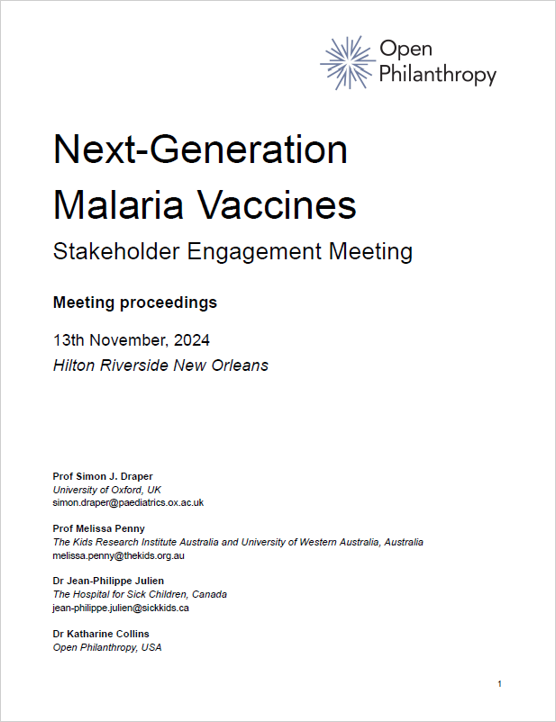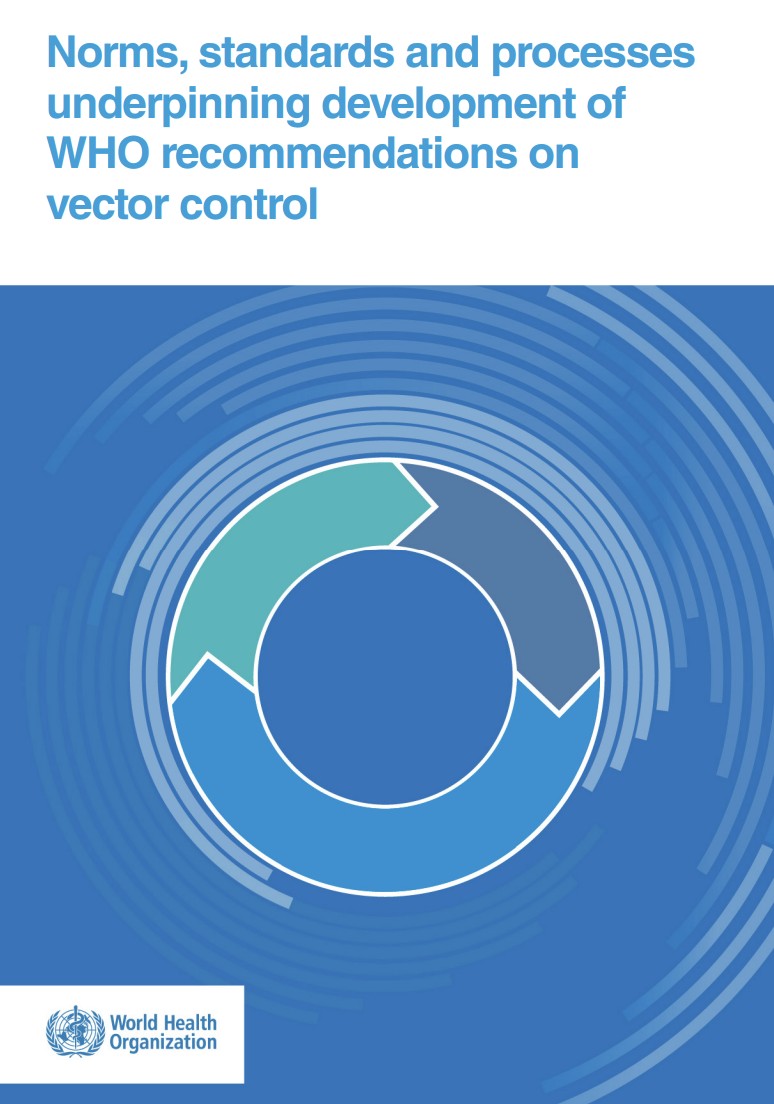Warning: Undefined array key "file" in /var/www/vhosts/gestortectic.com/mesa.gestortectic.com/wp-content/plugins/fulltext-search/includes/wpfts_querylog.php on line 520
Warning: Undefined array key "file" in /var/www/vhosts/gestortectic.com/mesa.gestortectic.com/wp-content/plugins/fulltext-search/includes/wpfts_querylog.php on line 520
Warning: Undefined array key "file" in /var/www/vhosts/gestortectic.com/mesa.gestortectic.com/wp-content/plugins/fulltext-search/includes/wpfts_querylog.php on line 520
Warning: Undefined array key "file" in /var/www/vhosts/gestortectic.com/mesa.gestortectic.com/wp-content/plugins/fulltext-search/includes/wpfts_querylog.php on line 520
Warning: Undefined array key "file" in /var/www/vhosts/gestortectic.com/mesa.gestortectic.com/wp-content/plugins/fulltext-search/includes/wpfts_querylog.php on line 520
Warning: Undefined array key "file" in /var/www/vhosts/gestortectic.com/mesa.gestortectic.com/wp-content/plugins/fulltext-search/includes/wpfts_querylog.php on line 520
Warning: Undefined array key "file" in /var/www/vhosts/gestortectic.com/mesa.gestortectic.com/wp-content/plugins/fulltext-search/includes/wpfts_querylog.php on line 520
Warning: Undefined array key "file" in /var/www/vhosts/gestortectic.com/mesa.gestortectic.com/wp-content/plugins/fulltext-search/includes/wpfts_querylog.php on line 520
Warning: Undefined array key "file" in /var/www/vhosts/gestortectic.com/mesa.gestortectic.com/wp-content/plugins/fulltext-search/includes/wpfts_querylog.php on line 520
Warning: Undefined array key "file" in /var/www/vhosts/gestortectic.com/mesa.gestortectic.com/wp-content/plugins/fulltext-search/includes/wpfts_querylog.php on line 520
Warning: Undefined array key "file" in /var/www/vhosts/gestortectic.com/mesa.gestortectic.com/wp-content/plugins/fulltext-search/includes/wpfts_querylog.php on line 520
Warning: Undefined array key "file" in /var/www/vhosts/gestortectic.com/mesa.gestortectic.com/wp-content/plugins/fulltext-search/includes/wpfts_querylog.php on line 520
Warning: Undefined array key "file" in /var/www/vhosts/gestortectic.com/mesa.gestortectic.com/wp-content/plugins/fulltext-search/includes/wpfts_querylog.php on line 520
Warning: Undefined array key "file" in /var/www/vhosts/gestortectic.com/mesa.gestortectic.com/wp-content/plugins/fulltext-search/includes/wpfts_querylog.php on line 520
Warning: Undefined array key "file" in /var/www/vhosts/gestortectic.com/mesa.gestortectic.com/wp-content/plugins/fulltext-search/includes/wpfts_querylog.php on line 520
Warning: Undefined array key "file" in /var/www/vhosts/gestortectic.com/mesa.gestortectic.com/wp-content/plugins/fulltext-search/includes/wpfts_querylog.php on line 520
Warning: Undefined array key "file" in /var/www/vhosts/gestortectic.com/mesa.gestortectic.com/wp-content/plugins/fulltext-search/includes/wpfts_querylog.php on line 520
Warning: Undefined array key "file" in /var/www/vhosts/gestortectic.com/mesa.gestortectic.com/wp-content/plugins/fulltext-search/includes/wpfts_querylog.php on line 520
Warning: Undefined array key "file" in /var/www/vhosts/gestortectic.com/mesa.gestortectic.com/wp-content/plugins/fulltext-search/includes/wpfts_querylog.php on line 520
Warning: Undefined array key "file" in /var/www/vhosts/gestortectic.com/mesa.gestortectic.com/wp-content/plugins/fulltext-search/includes/wpfts_querylog.php on line 520
Last Updated: 13/03/2023
Development of next generation anti-malarials targeting the essential parasite protein kinase PfCLK3
Objectives
To develop early stage drugs that can offer the potential of curing the symptoms of malaria but also importantly to prevent transmission of malaria from one person to another.
Despite the success of initiatives such as roll back malaria which have distributed millions of insecticide-impregnated bed nets and effective drug treatments for malaria including artemisinin combination therapies malaria still affects over 200 million people worldwide and is the cause of nearly 0.5 million deaths per annum. These figures alone might be enough to justify continued efforts to find new malaria drug treatments but more alarmingly is the fact that resistance to the current frontline treatments is now emerging which means that we are in a race to develop the next generation of drugs. This grant is designed as a pre-clinical drug discovery programme. The aim is to develop early stage drugs that can offer the potential of curing the symptoms of malaria but also importantly to prevent transmission of malaria from one person to another. The way that drugs are developed against malaria is to have the backing and support of key malaria drug discovery organisations. This includes the Bill and Melinda Gates Foundation, Medicines for Malaria Venture (MMV) and the Malaria Drug Accelerator (MalDa). It is through these organisations that drugs are ultimately developed for clinical trails. This grant is aimed at generating novel molecules that can then be used by these organisations to develop into drugs that can be tested in patients. We will do this by screening hundreds of thousands of compounds to discover molecules that inhibit our target protein called PfCLK3. We already know that molecules that inhibit the protein PfCLK3 rapidly kill the malaria parasite in a way that leads us to believe that drugs can be developed that target this protein. Once we have discovered molecules that inhibit PfCLK3 and kill the parasites we will develop these so-called hits to have properties that are necessary if they are to be effective and safe drugs. At the end of the grant we aim to have developed these hits to a sufficient extent to be fed into the MMV/Gates drug development pipeline. Such a programme is described as a hit to lead drug discovery programme and is an essential phase before further development of the lead compounds to drug candidates that can be used in trials on patients.
Nov 2020 — Sep 2023
$882,577


